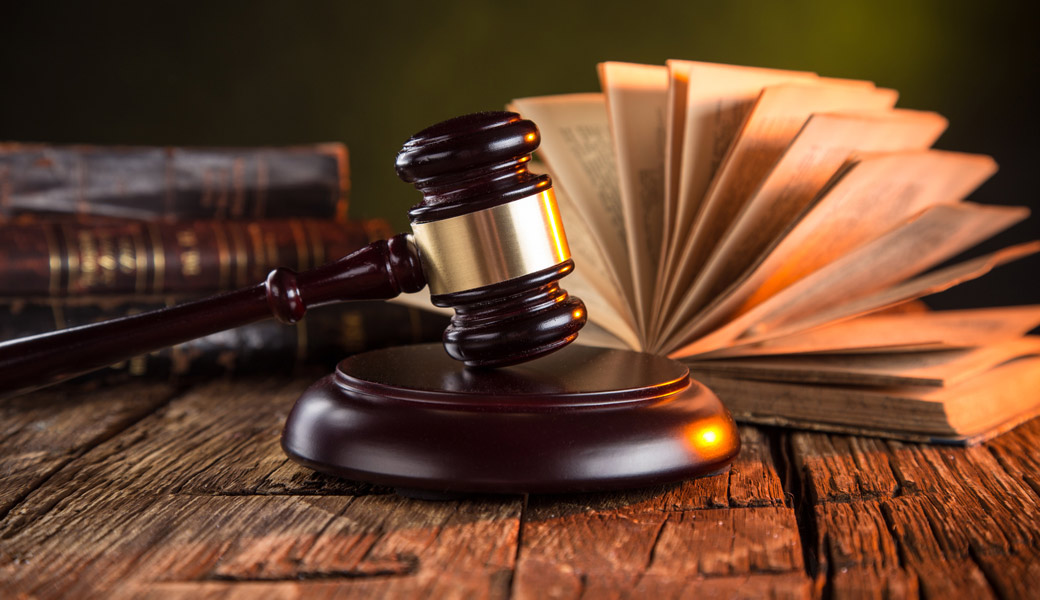On Thursday, Austin’s Third Court of Appeals refused to rehear a ruling that found legal professionals should use the Texas anti-SLAPP regulation to dismiss lawyer-subject proceedings. By denying the State Bar of Texas Commission for Lawyer Discipline’s movement for a rehearing in Commission for Lawyer Discipline v. Rosales, the Third Court’s April opinion in the case will stand. Lawyers in the courtroom’s jurisdiction can document anti-SLAPP motions to brush aside to argue that a court should throw out their subject instances based on the right to lose speech, freedom of meeting, or liberty to petition the authorities.
The case includes allegations using the area fee that attorney Omar Rosales broke ethics policies by sending misleading and deceitful letters to medical carriers regarding their websites’ compliance with the Americans with Disabilities Act. But he had persuasively argued that the kingdom’s anti-SLAPP regulation blanketed him, and the trial court brushed off the case.
The Third Court’s opinion determined that the anti-SLAPP law applies to attorney field cases. But after weighing the specifics of Rosales’ case, it overturned the dismissal as it ruled that the bar had proven sufficient proof for a prima facie case in opposition to Rosales. The field fee argued in a May eight movement to rehearse that the opinion conflicted with the Texas Supreme Court’s authority to adjust the prison career and enforce attorney discipline. Filing an anti-SLAPP activity delays area cases for a year or higher, which throws off deadlines within the Texas Rules of Disciplinary Procedure. The commission argued that the Supreme Court has held that once legal guidelines intrude with the disciplined manner, the high courtroom’s constitutional and statutory authority over the system trumps the laws.
Whether or not the commission will attract the Third Court’s opinion to the Texas Supreme Court remains to be seen. Previously, Rosales’ legal professional stated that he might draw the ruling. Regardless of the viable appeal, the authorization to apply the anti-SLAPP motion for attorney field cases can be short-lived. The Texas Legislature handed House Bill 2730, and Gov. Greg Abbott signed it into law to limit the application of the Texas Citizens Participation Act movement to push aside and mainly exclude attorney-subject cases. That regulation goes into effect on Sept. 1.

State Bar Office of Chief Disciplinary Counsel spokeswoman Claire Reynolds declined to remark. Rosales’ legal professional, Gaines West, a companion in West, Webb, Allbritton & Gentry in College Station, wrote in an e-mail that he agreed with the Third Court’s finding that the anti-SLAPP regulation applies to legal professional field cases. However, he disagrees with the conclusion that the fee showed a prima facia case, and Rosales didn’t establish defenses. Rosales plans to attract. “I consider they stretched it so that the courtroom has a reason to toss my customer’s $65,000 attorney fees award towards the fee,” West said.
(CNN)Harvey Weinstein retained two new lawyers to symbolize him towards intercourse crime charges, marking the state-of-the-art additions in what has become a revolving door of felony groups in his case. Chicago-primarily based legal professionals Donna Rotunno and Damon Cheronis notified the court docket that they’d been retained with the aid of Weinstein in documents dated Monday, June 24. They made it public by using the court clerk’s office Wednesday.





